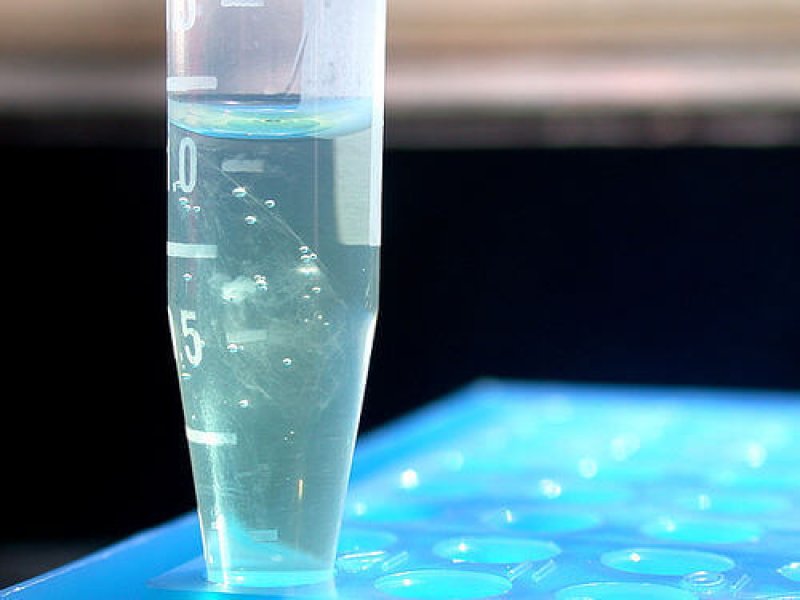Legally and socially, 2013 has been another long productive year in genetics. Laura Hercher, of the DNA Exchange, offered a whirlwind tour of her top ten genetics stories for the year.
This Thanksgiving, the FDA turned up the volume on the conversation about regulating genetic testing by banning 23andMe from interpreting the results of its genetic tests.
The furor that those greeted those announced restrictions, however, reminds us that there’s no turning back the clock on personal genetics–even with the ban, one can still order the raw SNP data from 23andMe and other companies and then use free online tools to get a DIY analysis.
The Supreme Court made a historic, murky, and agitating ruling in the Myriad Genetics breast cancer gene test case. The ruling, Hercher says, “invalidated gene patents, which the justices clearly felt were problematic, but did not in a single swipe eliminate all claims relating to DNA, thus wreaking havoc in biotech.”
Then there was that whole revelation that anonymous DNA is an oxymoron, courtesy of some enterprising MIT hactivists, who de-anonymized online DNA data using publicly accessible databases.
In the category of simple innovation, we’ve seen the first gene-silencing drug, a promising new targeted DNA-editing technique, and the story of a stem-cell trachea grown for a two-year-old girl who was missing a windpipe at birth.
And after all that, the Acheron Price–the X prize of genome sequencing–was canceled because the field of genetics technology is changing so swiftly and successfully.
It’s been a pretty busy year.
Read the full, original story: The Bumpy Road From Bench to Bedside: Top 10 Genetics Stories of 2013































